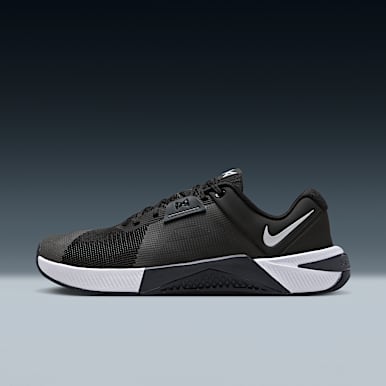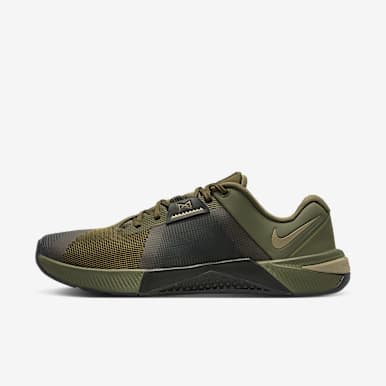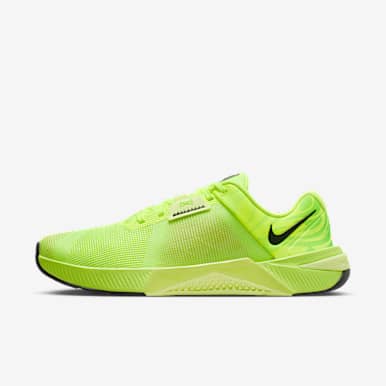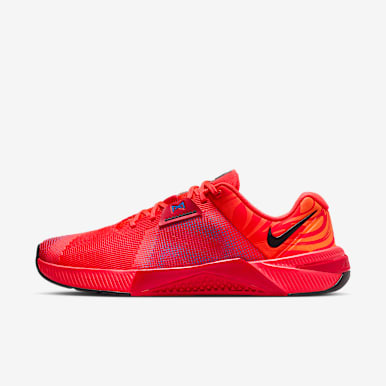Are There Benefits of Taking a Cold Shower After Working Out?
Sport & activity
An icy blast of water may boost your recovery.

Ending a hot shower with an abrupt blast of cold water has been gaining popularity over the years, with claims that it can make your hair healthier or boost your immune system—although studies have reported that cold showers may only produce mildly positive effects. Cold water therapy isn't new, with scholars noting that even Thomas Jefferson used cold water in foot baths to "maintain his good health". But can taking a cold shower help you recover faster post-workout?
"The basic theory of cooling the body after a workout is based on the belief that cold water can enhance the body's adaptation to training and restore the ability to perform at a high level", says doctor Veronica Jow, MD, who's the founder of Avid Sports Medicine in San Francisco, CA. "Cooling is believed to decrease muscle soreness and muscle damage, swelling and inflammation". But, not all of these theories have been supported by research. Often, these possible benefits depend on factors such as the type of exercise you did and how frequently you take cold showers.
Ahead, experts answer whether taking a cold shower after a workout can have a positive effect on your mind and body.
Expert-Backed Dos and Don'ts of Taking a Cold Shower After a Workout
It may be tempting to hop into a cold shower immediately after your workout, especially if you're in a time crunch. But according to Karly Mendez, M.S. in exercise physiology and human performance specialist with Memorial Hermann IRONMAN Sports Medicine Institute in Houston, Texas, it may be best to wait at least twenty minutes after exercise before taking a cold shower.
"This is because, post-workout, your body needs time to cool down, specifically regarding normalising your heart rate and body temperature", says Mendez. "You want your body to return to a baseline temperature and heart rate to begin to recover".
RELATED: What Should My Average Heart Rate Be While Running?
The American Heart Association explains that, if your heart rate and body temperature are both high after a workout and you skip the cool-down process, you could "pass out or feel sick". That's why, after your workout, Mendez suggests cooling down for five to 10 minutes, then stretching for an additional 10 minutes. Then you're ready for a cold shower. But what is the most effective way to take a cold shower? Spoiler alert: it doesn't include jumping into a stream of cold water.
"Begin [your] shower with a lukewarm temperature so the body is not shocked with the temperature change", instructs Mendez. "As your body temperature adjusts to the temperature, you can begin to make the water cooler. For the last two minutes of your shower, make the temperature as cold as you can stand [and] make sure the water jets are hitting major muscle groups".
Pro tip: it's likely you'll only be able to hit muscle groups located in the upper body with your shower head, but if you have a dual shower head that includes a handheld hose, you can aim that at lower body muscle groups, too.
Does a Cold Shower After Exercise Count as Cold Water Immersion?
If you're hoping to replace cold water immersion (like an ice bath) with a cold shower instead, unfortunately they aren't the same thing. Mendez stresses that not only is the water temperature between the two methods drastically different, but stepping under a shower head means that the water isn't hitting your entire body all at once.
"With a cold shower, your body is never completely immersed in the cold temperature, making it more difficult to achieve the full effects of the cold temperature", Mendez adds.
An article in the Journal of Physiology published in 2017 noted that cold water immersion doesn't have an impact on post-exercise inflammatory stress response—and this wasn't the first research to debunk this common practice. In fact, a 2007 study questioned the validity of using an ice bath to prevent delayed onset muscle soreness (DOMS).
If you still want to use cold water immersion in your routine, Sten Stray-Gundersen, a performance coach and exercise physiologist at ROI Physical Therapy and Sports Performance in Austin, Texas, doesn't recommend doing so right after a workout. "Cold water immersion can actually inhibit muscle protein synthesis, so if muscle growth is a priority, one should save the cold stress for before the workout or at least four hours after a workout", he says.
For context, muscle protein synthesis is when the body produces protein to repair muscle that was damaged by endurance or resistance training. So, if cold water immersion can potentially prevent that vital process from happening, that could hinder both your recovery from exercise and your athletic performance.
If cold water immersion isn't as beneficial as previously believed, is it OK to just replace your ice bath with a cold shower? While not as discomforting, the research on cold showers and recovery is a bit of a mixed bag as well.
So, Are There Any Real Benefits of Taking a Cold Shower After Exercise?
The short answer is yes, but whether it provides all of the recovery benefits you might think it does is still up for debate. A 2019 study in The Journal of Strength and Conditioning Research found that taking a cold shower after a workout resulted in faster heart rate recovery.
However, this was after participants cycled in 35 degrees Celsius temperatures with 40–60 percent humidity. In this case, the study authors' conclusion stated that a cold shower could only be recommended for reducing cardiac stress after working out in hot conditions.
Some other research that hasn't found any notable differences between taking a cold shower or opting for passive recovery (like taking a rest day) suggests there may be a psychological benefit. Stray-Gundersen notes that cold stress can act as a "pick-me-up" and help reduce pain symptoms in that manner, in part due to the sympathetic response garnered.
The American Institute of Stress notes that the sympathetic nervous system is what controls our "fight or flight" response to a dangerous or stressful situation. When this part of the nervous system is activated, there is a sudden rush of hormones, which can cause symptoms such as an increase in heart rate or even trembling.
"Cold stress will promote a vasoconstriction, excitation and norepinephrine release and therefore should probably be performed in the morning or afternoon to boost the nervous system for the day ahead", Stray-Gundersen says. "It is also a good way to build mental toughness and become accustomed to discomfort".
If you're looking for that mental boost, a cold shower after exercise may be what you're looking for.
For more tips on recovery, make sure you download the Nike Training Club App!
Words by Ashley Lauretta










